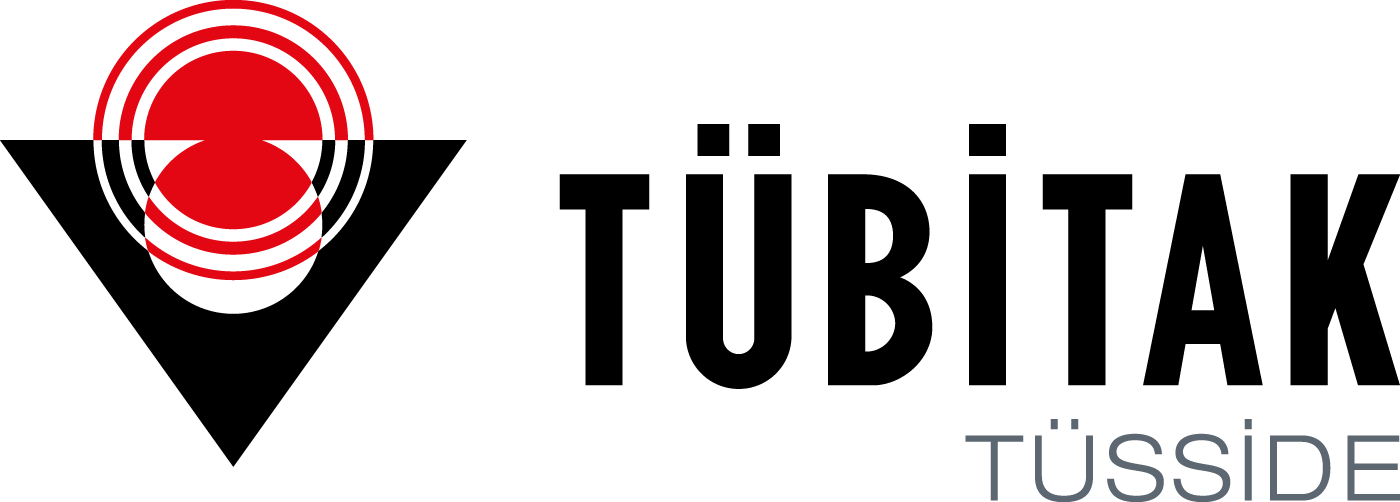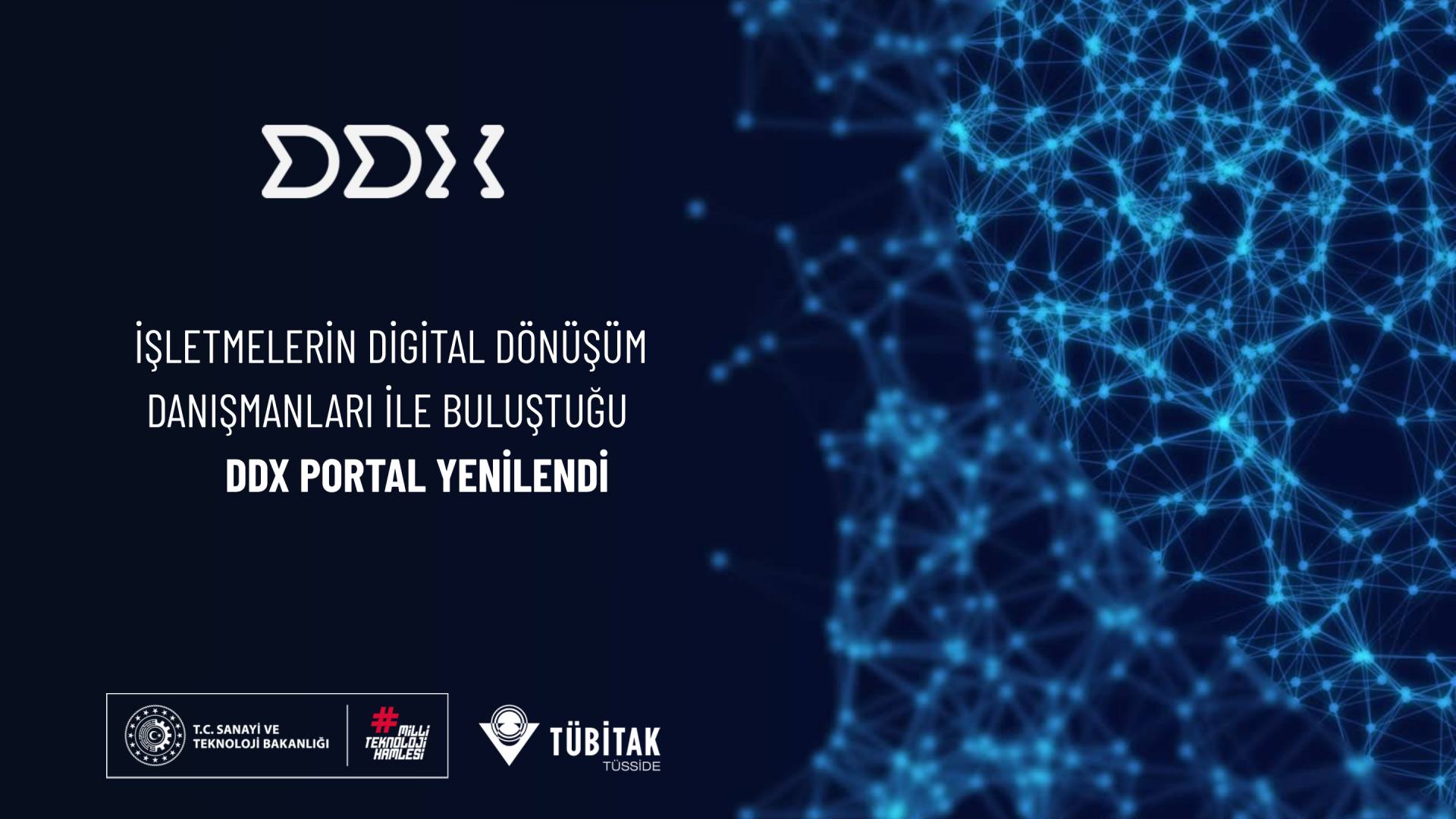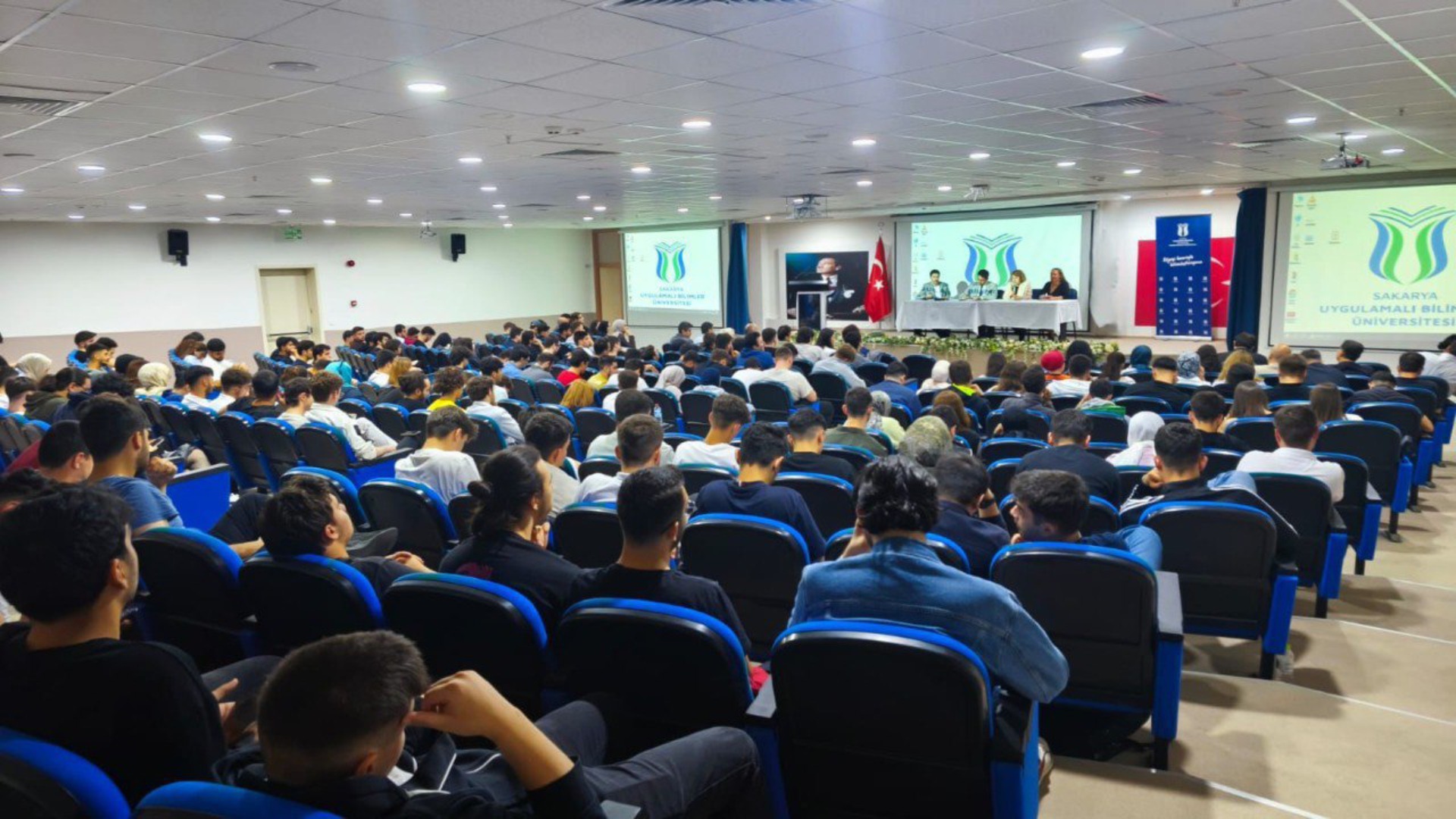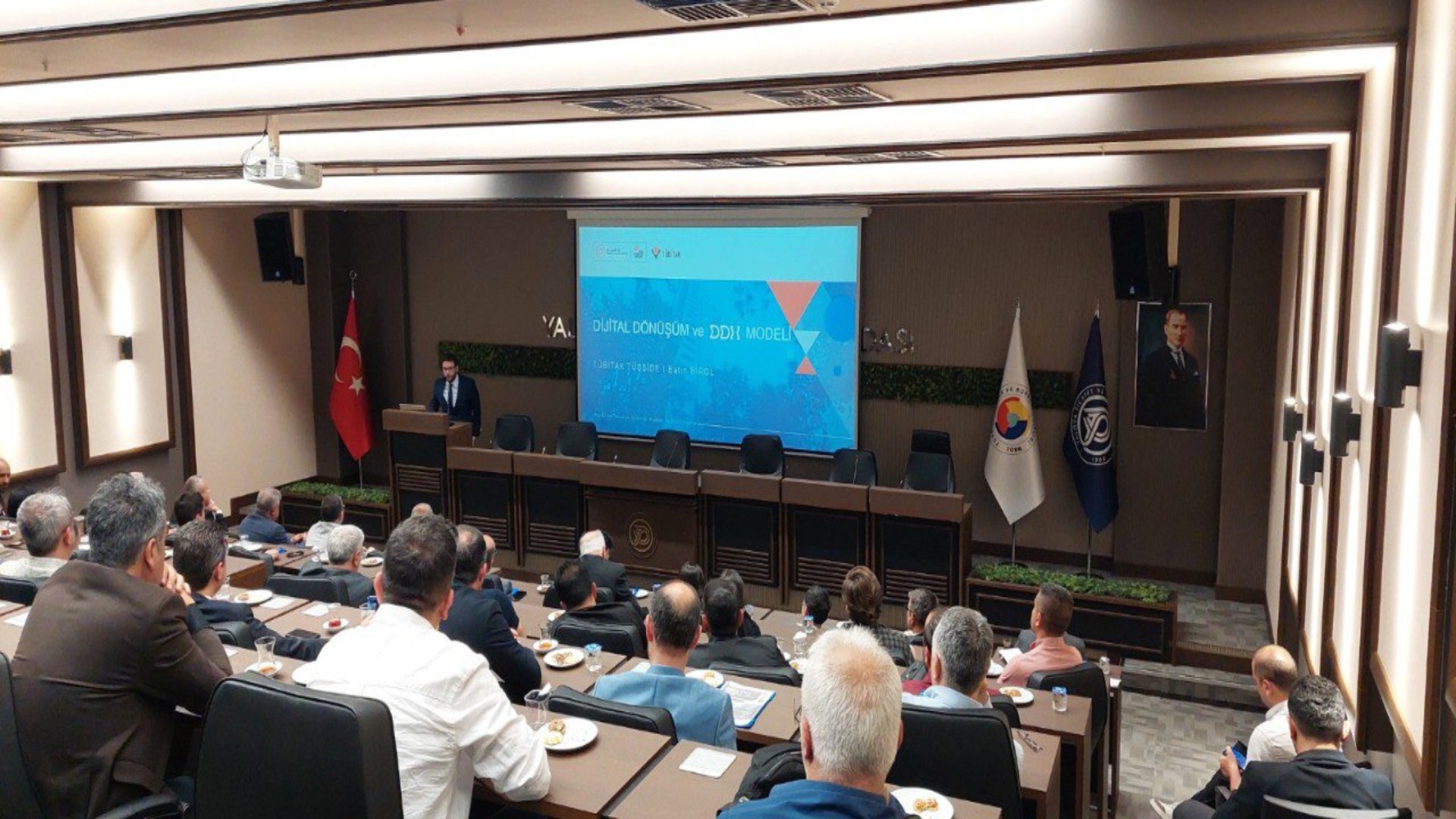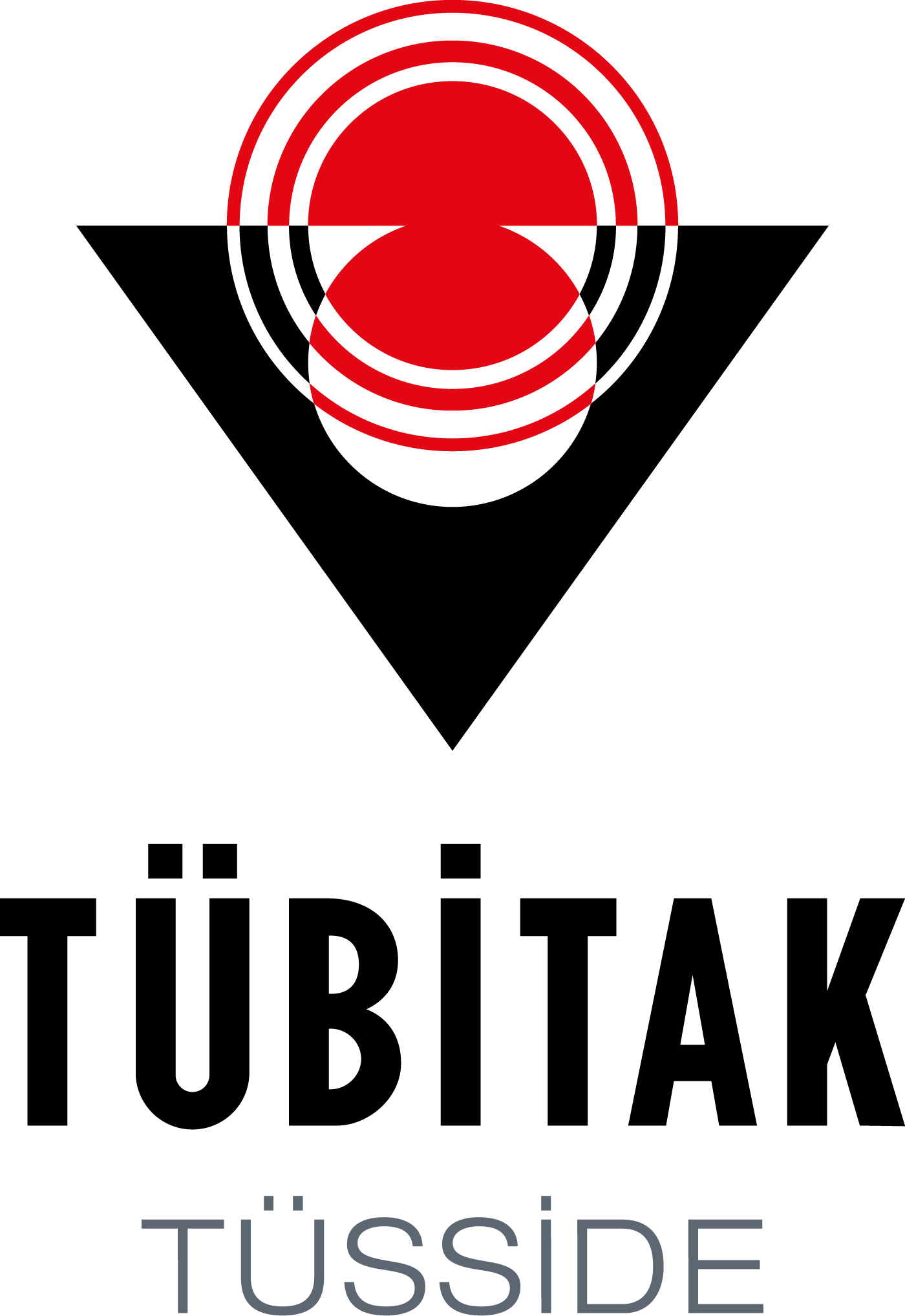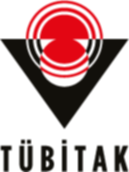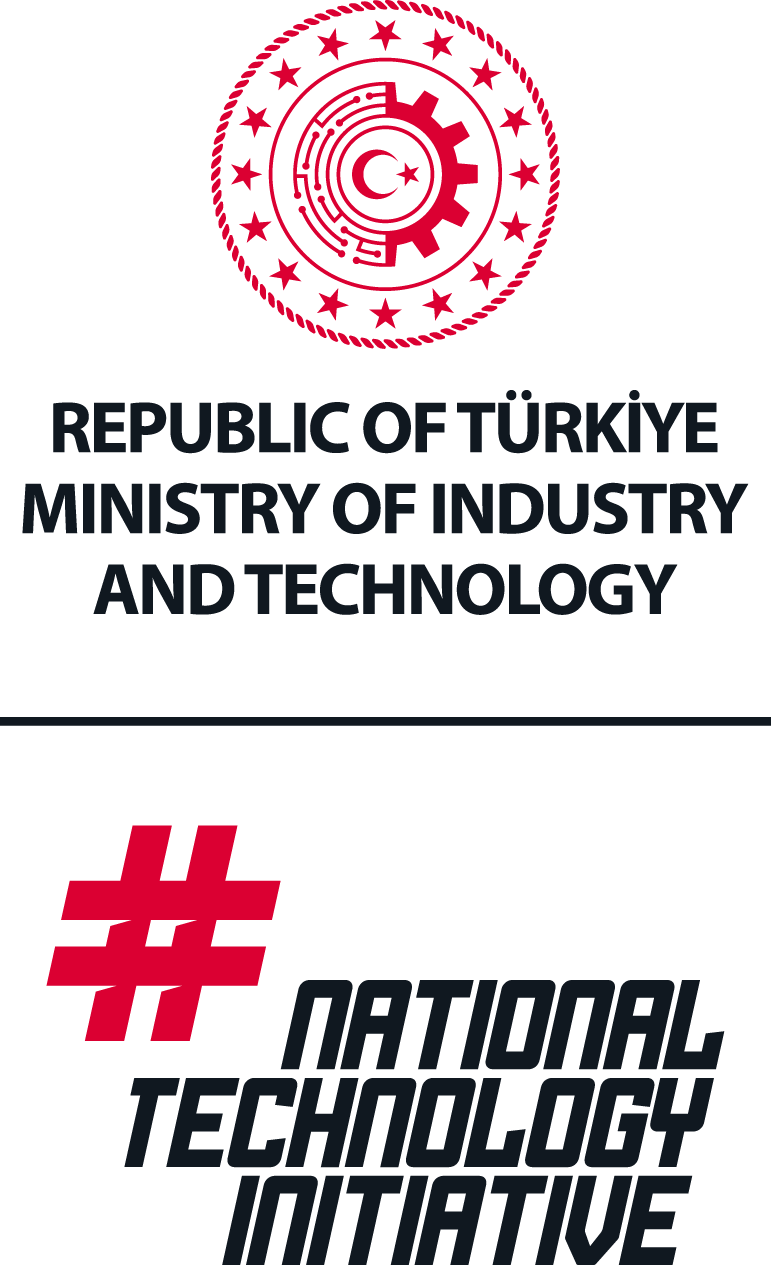Within the scope of the "Analysis of Cooperation Processes in Red Meat Production and Processing Project" carried out by TÜSSİDE in cooperation with the Ministry of Food, Agriculture and Livestock, "Overseas Technical Study Visits" were carried out in the Netherlands and Germany on October 18-25, 2017 to see good practice examples on site. Cooperatives, sectoral food clusters, research institutions and universities, producer associations, technology and research centers of the Netherlands and Germany, which are prominent countries in terms of cooperation within the livestock and livestock ecosystem, were visited on site. The applicability of the cooperation ecosystems established by the relevant structures in Erzurum province and its hinterland was evaluated. The visit was attended by the project team of the Ministry of Food, Agriculture and Livestock, TÜSSİDE project team and technical committee members consisting of sector experts.
On the first day of the program, Royal Flora Holland, a cooperative company located in Honselersdijk, was visited before noon, the structure of the stock exchange within the institution was examined and opinions were exchanged regarding the issues to be considered in the formation of the stock exchange. Within the framework of the mission of making the Netherlands a leading country in the agricultural field and floriculture sector, this structure, which brings producers and buyers together under the same roof in order to ensure marketing, branding and commercialization, was examined and information was collected for cooperation, exchange strategies and cooperation processes between members were observed.
In the afternoon, we visited K.I. SAMEN, an integrated farm producing milk, meat and semen. With the visit to the family business, production processes were identified, how branding strategies and marketing activities are carried out and what kind of support models they benefit from were investigated.
On the second day of the program, before noon, an exchange of views was held with Agriterra, a company that provides consultancy services on the organization of farmers. We learned about their work around the world and examined how they organize the establishment and management of cooperatives/unions in underdeveloped and emerging countries. The applicability of cooperative-specific institutionalization models was also assessed.
In the afternoon, we visited Bezoek Agriport, an initiative started by the Barendse family in 2007, which in less than 10 years has grown into the world's largest orange pepper greenhouse using modern, sustainable and environmentally friendly methods. During the visit, information was received on how innovation can create a synergy between entrepreneurs in the same sector, the added value it will create for the society and the contribution of the innovation ecosystem to the quality of life in the region with the process of creating a common brand with other greenhouses and agricultural enterprises operating in Agriport7 with the clustering approach and joint marketing of excess electricity generated from greenhouses to the nearby Microsoft Data Center.
Before noon on the third day of the program, information was received about the lobbying activities carried out by LTO, the umbrella organization of Dutch farmers, the problems experienced by farmers in the sector and the solutions developed for them, as well as how quality standards are established.
In the afternoon, the Consulate General and Commercial Attaché Office in Rotterdam were visited to get information about the investment environment in the Netherlands, regional and national supports for SMEs, services offered to local and foreign companies and regional clusters. Information was received on how the diversity of marketing channels for producers is provided in the Netherlands and how the development differences between rural and urban areas are eliminated.
On the 4th day of the program, the cheese production process in Gouda was visited and observed on site. Information was received about the branding strategies of the family business and cooperation activities between producers in the Gouda region.
On the next day of the program, we went to Germany for visits and visited the Food Processing Initiative food cluster in Bielefeld. Information was received about the activities carried out by the food cluster, its membership system, governance structure and the establishment phase. Information was received on how the cluster members act jointly on innovation, how motivation was provided during the establishment phase, what kind of difficulties were encountered and how they were overcome.
The program continued with a visit to Ostwestfalen-Lippe University in Lemgo, which is one of the most important universities in Germany in terms of livestock and agricultural sector research, and the research center at this university; German Institute of Food Technologies (DIL). We were informed about the projects carried out by the university and the research center at the international level and examined the functioning of the value creation processes and the transformation of research results into commercial value. In addition, we were informed about their programs for students, start-ups, SMEs, large agricultural companies that support entrepreneurship and innovation and what kind of activities are carried out in Turkey. The services offered by DIL were examined in detail and information was received on how the relations between the university, the incubator and accelerator, the companies in the park, the clusters and the technology center are managed and the international cooperation processes. Finally, an informative presentation was made about the activities, workshops and research projects initiated by the Lower Saxony Food Industry Competence Center (Nieke), which is carried out in cooperation with DIL and Vechta University.
On the last day of the program, FoodRegio food cluster was visited and information was gathered about the possible food cluster organization that could be established in Erzurum province and its hinterland. Cluster strategies and cooperation processes between members were examined and opinions were exchanged on the issues to be considered in cluster formation.

